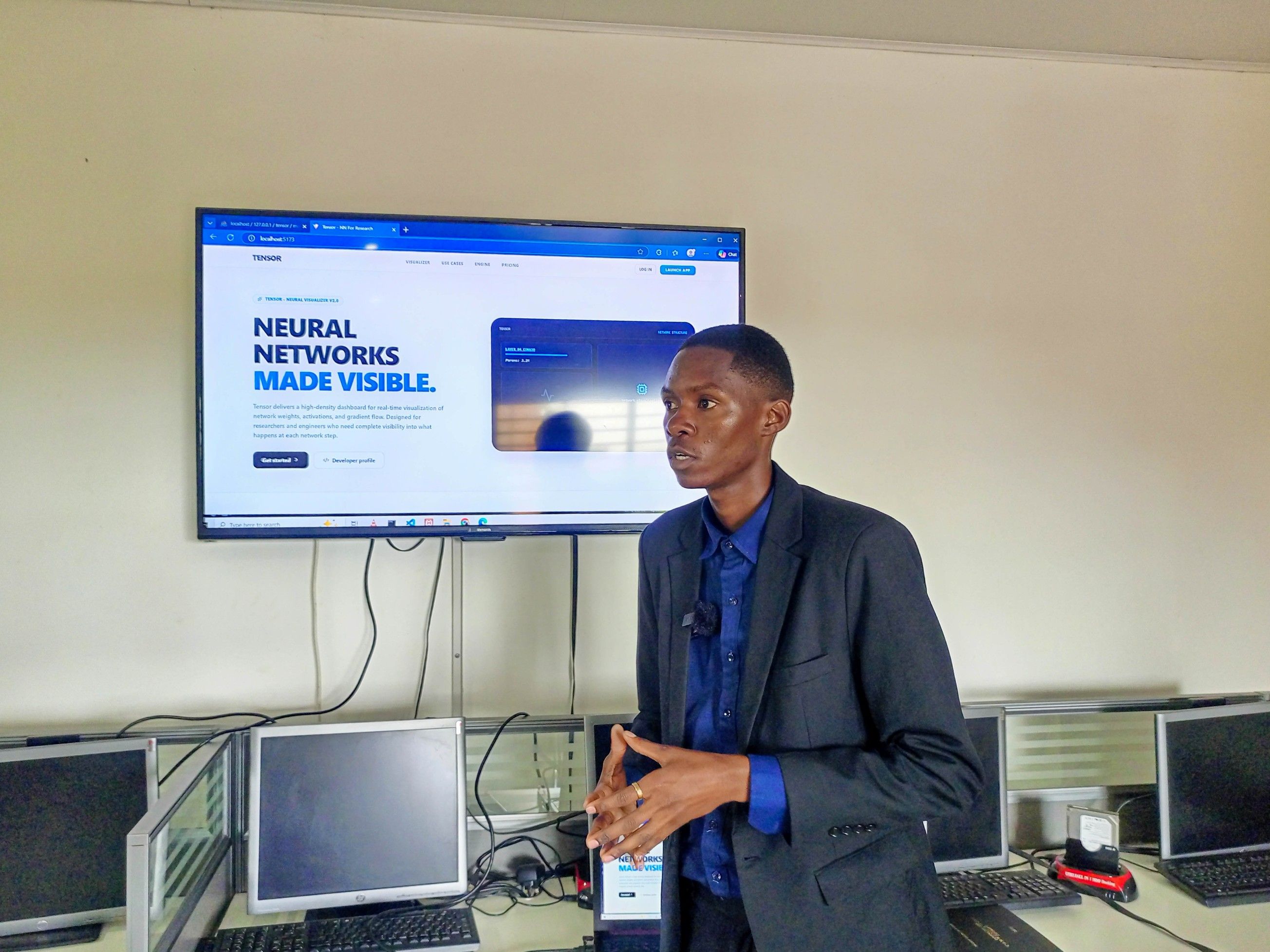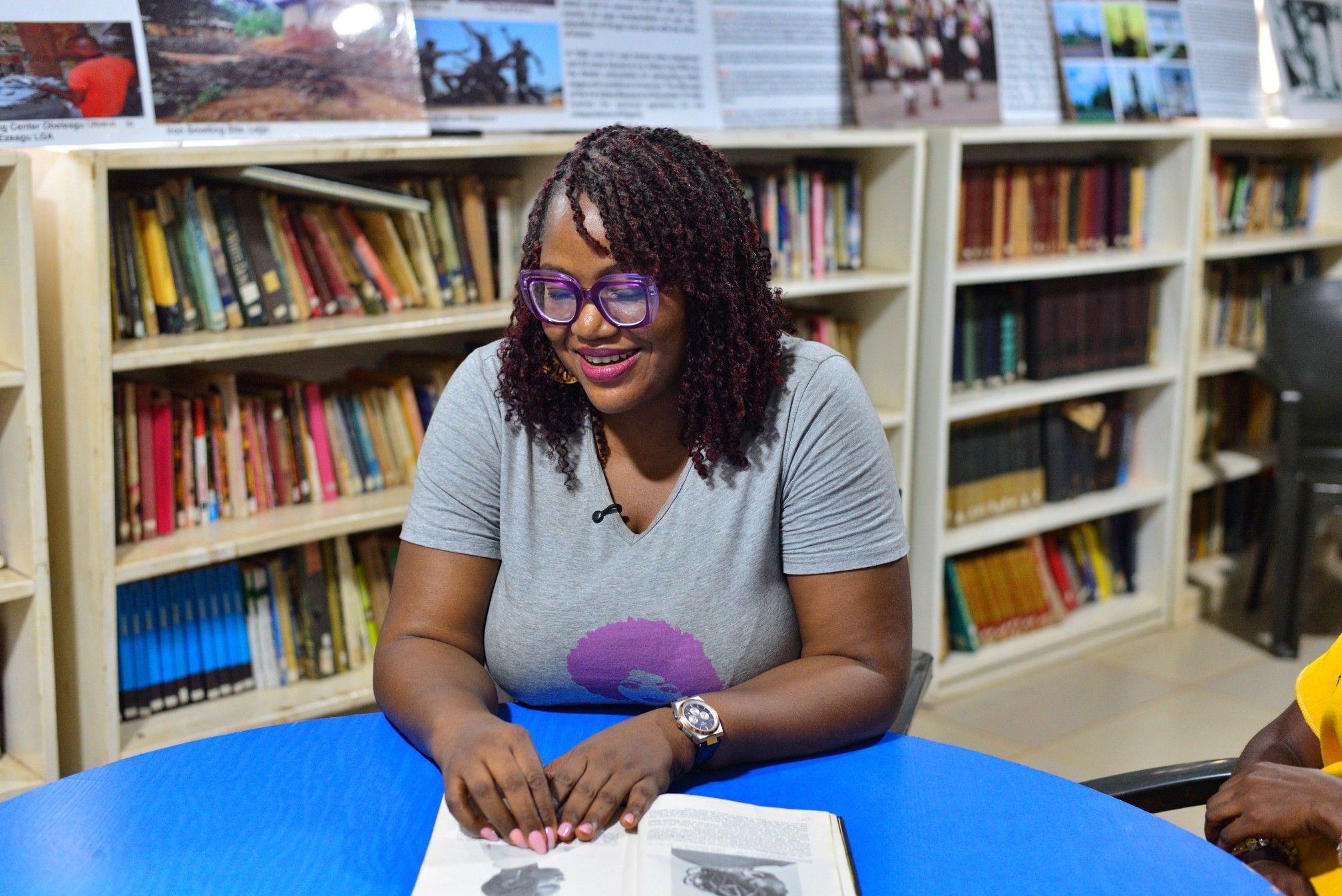Murder in the open streets
During the Winter season in Delhi, India, in the year 2016, what started as a minor altercation powered by racism ended up in the death of an African.
Two Indians seemingly in a hurry approached a rickshaw that they wanted to board. But upon checking, they figured there was only space for one person in the public transport auto. Their solution was to ask an African who had already boarded the rickshaw to alight so as to make room for the both of them.
As you would expect, the African felt singled out because of his skin colour. And he wasn’t willing to step out without a fight. A heated bandying of words ensued, and, quickly, escalated to a physical altercation. The two Indians overpowered the livid African, pushed him to the ground, and then in true monster fashion, brought down a huge rock on his head. He died.
Although this shocking murder in the open streets of India was the push for Peter Ngugi, a Kenyan living in India who broke the internet and made news in the days following this murder, Ngugi’s story doesn’t start here. It will, however, get here. Later.
Society funds Peter Ngugi to travel to India for studies
Let’s travel back to the year 2013 in Mikindani, Mombasa, Kenya. Here lives a humble young man, Peter Ngugi, who completed his form four at Changamwe High School in 2010, and has a commendable penchant for computers.
He isn’t interested in joining campus. What for, when he has a brain that loves business, a brain that can set him up for a career as an entrepreneur? Determined to maximise his talent, Ngugi set up a small movie shop that doubled up as an electronics and hardware repair outfit. Stunners Inc., he called it.
Although Ngugi described himself as a low academic achiever, a friend noticed his love for computers. He advised Ngugi to consider taking a degree in India, citing the country's track excellence in computer-related courses.
Ngugi had the idea plague him into the night. For a great period of time in 2013, he paid mind to this thought that would see him fly to India. After poring through the internet to check out computer courses offered in India, he made up his mind to apply for a course in computer science at KSR Institute for Engineering and Technology.
Unable to raise the fees and travel costs, the cliché universe that conspires to help a man on a mission came through for him, in the form of society. In retrospect, Ngugi says that it was the mama mboga’s, the shopkeepers and other small business owners, his friends and family; who came together to fund-raise for his travel and first semester fees.
Landing in India for the first time; met with the unexpected
Teary-eyed and with a heart full of gratitude after that act of kindness from society, Peter Ngugi flew to India for the first time, in 2013. He would be the best that he could be. He wouldn’t give up for anything— not for all the tea in China. His society had sacrificed a lot to send him off after his dreams, and make no mistake, he would do his best and return to them a computer science degree holder.
But what we plan and what happens, mostly, are worlds apart— as Ngugi was bound to learn first-hand.
Barely one semester into his course, Ngugi realized that everything he had dreamed about was just but a mirage. The reality of the course, as he explains in his own words, 'missed the advertising mark they had given', or he had conjured in his mind, to be fair. The course he was taking, Ngugi says, wasn’t his cup of tea. It didn’t come served in the right temperatures. Moreover, it didn’t help that his society back in Kenya had only funded his first semester, and Ngugi had to work to earn and pay for his fees, a nail-hard achievement to claim. He dropped out of school.
But what do people, funded by society to travel abroad for studies do when their reality fails to meet expectations? Do they go back home with a low-hanging face? What do they say to all those who sacrificed to have them well on their way to greatness? Disappointment. That’s what would have received Ngugi at the airport if he flew back home, and no, he wasn’t ready for it.
His determined decision: to remain in India, hang tough and hustle hard.
Thanks to a strong and closely-knit community of Kenyans in India, a friend, Munene Robert, took Ngugi in. For the time he hosted a confused and disappointed Ngugi in Bengaluru, India, Munene never asked him for rent. Something that Ngugi says he will forever be grateful for. After a couple of days staying indoors and trying to map out his next plan, Ngugi landed a finger on something he could do. A come-back kid stubbornly refusing to bury his head, that’s who he was.
The hackathon competition that changed Peter Ngugi's life
With some cash equivalent to Ksh. 20,000 which he had saved up, Ngugi enrolled in a coding institute. This one, a reason it attracted him, focused on coding only. No circumlocutions around other things without going directly to the core of the course. Things worked out for him in his newly-found institution, and he became one of the top students. Passion really does magic when you choose to pursue it.
While learning how to code, Ngugi entered into a hackathon coding competition organized by IBM, in India, and clinched the first runners up position. He even made news in Indian newspapers for his knack for coding. IBM gained interest in hearing his business ideas. Ngugi pitched Office Space Finder, a platform to connect young entrepreneurs with companies that have extra space they can rent out. IBM was smitten. They funded the idea, setting up a then 21-year-old Ngugi for a handsome pay in salary and a life that had earlier on only existed as a utopia, deep in the recesses of his mind.
Not only was he given a budget to hire people and good pay, but also a driver was assigned to him to drive him around in one of the company vehicles. You’ll hit the nail on the head by saying that Ngugi had it all. But that was about to change; drown in an unforgiving lake of his mistakes. Girls. Alcohol. A debauched life that seemed attractive and fit for a 21-year-old Ngugi.
You are fired! Peter Ngugi's mistakes and shame
Ngugi concedes that his focus was handicapped by his new lifestyle. He didn’t care much about his job, but about the girls he could now get and roll with. That, and the deceitful allure of alcohol. It wasn’t long before his IBM bosses noticed his off-the-rails demeanour. In March 2015, young Ngugi was fired. He fell off the clouds of success, hard and far down, straight into depression.
Shame. From ranks to rags. Depression sawed through his mind. Where to go to, after failing for a second time?
During his brief high-status stint, a good number of Africans living in India had come to look up to him. He couldn’t face them, and so he resorted to running away from the city. At this point, he had a huge amount of savings. With that, he funded his state-trotting. Among the 27 states in India, it’s only one that Ngugi never went to; trying to outrun his shame? He later settled in Meghalaya state, where he volunteered as a Maths and English teacher tutoring children under the age of eleven. He also taught at a school for the disabled, in Shillong.
Then came the clearly avoidable altercation in 2016 between an African and two Indians, over who boards a rickshaw; an altercation which led to the death of an African. It would change Peter Ngugi’s life, for good.
Pedalling for peace
 Peter Ngugi is warmly received by 800 students in Bongaigon, India
Peter Ngugi is warmly received by 800 students in Bongaigon, India
Ngugi received the news of two Indians who had brutally murdered an African, with a mixture of shock and sadness. This, he thought, was something that shouldn't happen, at any cost. His emotional response culminated into pain, a cry for Africans living in the country, and an unwavering fist raised against racism. Day and night he thought of what best he needed to do because clearly, something needed to be done.
Ngugi remembered how his first time in India, as an ordinary human, he realized consciously for the first time in his life that he was black. He missed walking freely in his home country without feeling different. As a result of many Hollywood films portraying blacks as basketball players, miscreants, and drug dealers who keep piping hip-hop music into their crank heads, Ngugi thought, some Indians saw Africans as thugs. He, however, admits that his experiences with friendly and kind Indians outweighed the few bad experiences.
Africans need to come together with Indians and talk about the racism issue. We need to live in harmony. And that’s just what I’m going to make happen. Create a platform for conversations that will help us understand the problem and seek solutions. This idea struck his mind. His love for travel gave him the idea to get on a bicycle and cycle through states in India, hosting events in school, and meeting with Indian leaders, and the police, to champion for open talks to gain an understanding of the problem and streamline channels of solving them.
His Indian friends loved his idea and funded him. One morning, armed with courage and inspiration from Che Guevara's Motorcycle Diaries, Ngugi started the journey that would see him cycle 5000 plus kilometres across seven states in India. The initial plan was to cycle all the way to Chile in South America, but he ended up doing seven states in India. You might be tempted to think that Ngugi had prior experience in long-distance cycling. He didn’t. The only time in his life when he had ridden a bicycle was years ago in Naivasha, Kenya, where he used to deliver milk.
 Peter Ngugi cycling in Shillong, India
Peter Ngugi cycling in Shillong, India
The impact and platforms for an open conversation on racism
His act of bravery became something that Indians would embrace, an opening to conversations that made life in India better, and an act that would totally change Ngugi’s life as he knew it.
Upon arrival at a state in India, Ngugi would report to the police station to inform them of his presence and what he was doing. In one instance, Ngugi arrived at Shillong, Guwahati, to be received by a group of Indian cyclists. They took him to Spoke Hub, a cycling shop where his bike was serviced for free, and cycling gear was provided to him.
The leader of the group, a man named Pratiba, hosted Ngugi in his home. Pratiba used his powerful connections to ensure that whenever Ngugi made a transitory stop-over, a group of cyclists waited for him and accompanied him. He also made sure that there was free food and accommodation for Ngugi whenever he stopped to turn in for the day.
In another instance, Ngugi arrived at Odisha and found members of parliament waiting for him. He even got the privilege of a police escort. Throughout the forty-eight days of cycling, Ngugi gained an intrinsic understanding of Indians, interacting with them in villages. He began to see the mistakes of Africans too and understood the role of education and media in creating cohesive societies. The cycling journey became a success he could never have imagined. And slowly, a love for international relations began flowering.
 Cycling across villages in Odisha, India
Cycling across villages in Odisha, India
Fame can sink you into depression
His story was featured on news all over India, and Ngugi became famous. His newly-found fame, however hurt him, as he admits that the hardest part of his life in India came after cycling.
Being famous can depress you. The world suddenly shifts its focus to set it upon you. Every little move that you make. People set high expectations for you. Ngugi was not spared from the repercussions of fame.
After his cycling journey that changed India and encouraged Africans to speak up and also share their ideas, Ngugi became broke. His past mistakes started haunting him again. No degree. No more good pay from IBM. No place to call his home. He spiralled into serious depression, unable to freely walk in the streets as his face and name were now iconic. He desired to travel back to Kenya but decided against it, for he had nothing to show for the investment his society made in him. The only card up his sleeve at this point was to live at a friend's place, where he says he remained indoors most of the time.
His shameful and depressed life went on for a while until one day, when he was invited to speak at a conference in Delhi. It was a conference geared towards mediating the conflict in leadership in the African Student Association. When Ngugi’s time to speak came, and he stepped onto the podium, an Indian lady made her way to him and threw her arms around him, crying. This surprised everyone in the conference hall. After a moment of crying and embracing Ngugi, she got her emotions stitched together amid snuffles and then spoke to the audience. She revealed how she worked with Africans across India and how she had read about Ngugi in newspapers and desired to meet him. Her name was Indryani Mulay, the deputy director of the Confederation of Indian Industries. She would later invite Ngugi to a C.I.I. conference.
 Peter Ngugi is warmly received by the border security forces during his cycling journey
Peter Ngugi is warmly received by the border security forces during his cycling journey
Back to school!
It was through the conference that someone, a lady, took interest in Ngugi’s story. She gave him her business card and said, Ngugi, when you are ready to go back to school, look for me.
Her name, Anita Patankar, Director at Symbiosis School for Liberal Arts. Ngugi is keen to mention the role that his friend David, the head of defense at the Kenyan embassy in India, played in encouraging him to go back to school. Ngugi and David became acquainted through Indryani Mulay. In July 2018, Ngugi received a full scholarship to study International Politics at Symbiosis School for Liberal Arts. He is currently in his final year.
***
You may think that this is where his story ends, but you are wrong. Ngugi met Alexandra, his British fiancee, while in school. The two of them founded, in 2021, Skizaa, an online platform that initially set out to promote intercultural interactions among kids. Skizaa borrows from the Swahili word skiza which means listen. Ngugi believes that the more you listen, the more you learn. The company later grew into a platform that empowers teachers all over the world. Skizaa enables teachers from different countries to collaborate and leverage global networks to create local solutions.
Teachers are the single most important factor affecting how much students learn. Skizaa aims to empower them to improve learning outcomes for students as well as their well-being. Ngugi and Alexandra are building a community of teachers across the world to make access to professional development and resources more universally available. Skizaa understands the importance of thinking globally and then acting locally. Check them out on LinkedIn.
They just hired their first employee.
Currently, twenty-nine-year-old Peter Ngugi is passionate about creating safe spaces for cultural education. He is a big fan of Kenyan radio presenters Maina Kageni and Mwalimu King'ang'i, whose show airs on Classic F.M.
Also Read: Dora Moona Nyambe: The Young Woman Who Chose the Path of Enriching Young Lives in Mapapa, Zambia





